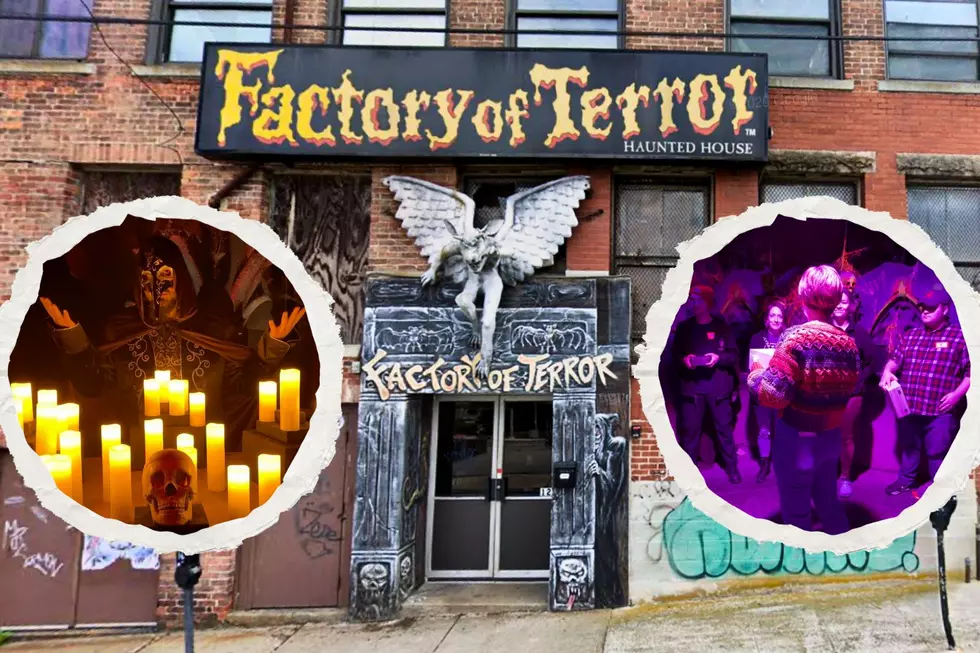
Lizzie Borden’s Best-Kept Secret Was Unexpected Generosity
Today marks the 130th anniversary of the brutal double-hatchet murders of Lizzie Borden's father and stepmother, a crime for which Lizzie was accused, tried and eventually acquitted.
Yet there are plenty of people who still believe the Fall River woman to be guilty.
Her infamous reputation as a murderer who got away with it precedes her to this day, but is it possible that's not who she was at all?
The stories, the songs and the numerous films don't tell you about Lizzie Borden's kind, caring and surprisingly generous side. Yet, this seems to be more of who Lizzie really was and sadly should be more of her legacy.

After a visit to the Fall River Historical Society, I learned that Lizzie Borden was a true animal lover, a benefactor to her household staff's children and a generous gift giver.
So where are the songs about that? They may not exist, but Lizzie's softer side certainly did.
Lizzie the Gift Giver
Admittedly, I went to the historical society's museum specifically to see the Murderabilia room from the Borden trial. The society has bloodstained pillow shams, vials of victims' stomach contents and hair extensions worn by Abby Borden at the time of her death.
They also have the crystal punch bowl set Lizzie gifted the groundskeeper of Oak Grove Cemetery on his wedding day. Lizzie had likely only met the man a handful of times, but he cared for her father and stepmother's gravesites and she thanked him generously for that.
She also once thanked her housekeeper by sending the woman's only child to college. Lizzie took a special interest in Alice Isabel Soderman and financed her education to become an architect. Lizzie also left Alice her 14K gold pocket watch and a sum of $2,000 after she died.
Lizzie the Animal Lover
Her biggest charitable donations, however, were to the animals. Lizzie took a major role in helping the strays of the Spindle City back in the early 1900s. Borden was one of the original benefactors of the Animal Rescue League of Fall River and her photo is still on their wall at 474 Durfee Street.
Lizzie first helped fund a barn where old and abused draft horses from the area would receive care and continued to take an active interest in the league's facilities as well as the care of some 32,000 animals the shelter saw in its first dozen years.
As if all that wasn't enough, when Lizzie passed away in 1927, she left $30,000 to the Animal Rescue League in her will. That's over a half-million dollars in today's money.
Incredibly generous to say the least.
While some may say all this kindness was Lizzie's way to make amends for her part in the 1892 crimes, others believe the woman to be a generous spirit who was wrongly accused.
Considering that one year after the crimes, in 1893, a jury of her peers acquitted her, I'd like to think more people saw her good side than we think of today.
Lizzie Borden's Maplecroft in Fall River, Massachusetts
Go Inside Fall River's Lizzie Borden Bed & Breakfast
More From WFHN-FM/FUN 107





![Fall River Cat Found As Stray Is the Ultimate Cuddle Bug [WET NOSE WEDNESDAY]](http://townsquare.media/site/519/files/2024/04/attachment-Untitled-design-2024-04-17T061729.653.jpg?w=980&q=75)



